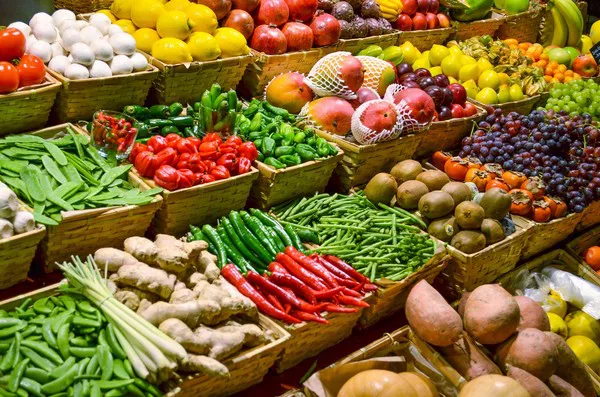Niacinamide, also known as vitamin B3 or nicotinamide, is a vital nutrient that plays a crucial role in maintaining overall health. It is an essential component of various biochemical processes within the body, including DNA repair and energy production. While niacinamide is often available in dietary supplements, it’s also naturally present in numerous foods. In this comprehensive guide, we will explore the world of niacinamide-rich foods, their health benefits, and how you can incorporate them into your diet for optimal well-being.
1. Understanding Niacinamide
Vitamin B3
Niacinamide is part of the vitamin B complex, a group of water-soluble vitamins that are essential for various bodily functions. It is closely related to niacin (nicotinic acid) but has distinct properties.
Health Benefits
Niacinamide is associated with numerous health benefits, including supporting skin health, aiding digestion, and participating in cellular metabolism.
2. The Role of Niacinamide in the Body
Cellular Energy Production
Niacinamide is a key player in the production of adenosine triphosphate (ATP), the body’s primary source of cellular energy.
Skin Health
In skincare, niacinamide is celebrated for its ability to improve the skin barrier, reduce inflammation, and address concerns like acne and hyperpigmentation.
DNA Repair
Niacinamide is involved in DNA repair mechanisms, helping to maintain the integrity of our genetic material.
3. Niacinamide-Rich Foods
Meat and Poultry
Animal products are some of the richest sources of niacinamide. Beef, chicken, turkey, and pork are all excellent dietary sources.
Fish and Seafood
Salmon, tuna, and other fish varieties contain substantial amounts of niacinamide, making them a healthy choice for niacinamide intake.
Legumes
Legumes like peanuts, lentils, and beans provide plant-based sources of niacinamide, offering a nutrient-rich option for vegetarians and vegans.
Whole Grains
Whole grains such as brown rice, barley, and wheat are not only rich in fiber but also contain niacinamide.
Dairy Products
Dairy products like milk, yogurt, and cheese are niacinamide-rich foods. They are also sources of calcium and protein.
4. Niacinamide and Dietary Requirements
Daily Recommended Intake
The recommended daily intake of niacinamide varies by age, gender, and life stage. On average, adults should aim for around 16 milligrams for men and 14 milligrams for women.
Deficiency Risks
A niacinamide deficiency can lead to a condition called pellagra, characterized by symptoms like skin rashes, diarrhea, and mental confusion.
Supplementation
In some cases, dietary supplements may be necessary to meet niacinamide requirements, especially for individuals with specific dietary restrictions.
5. Incorporating Niacinamide-Rich Foods into Your Diet
Balanced Diet
Eating a well-balanced diet that includes a variety of niacinamide-rich foods can help you meet your daily nutritional needs.
Meal Planning
Consider planning meals that incorporate niacinamide sources, such as a chicken and vegetable stir-fry with brown rice.
Dietary Restrictions
If you follow a vegetarian or vegan diet, focus on legumes, whole grains, and fortified foods to ensure adequate niacinamide intake.
6. Cooking and Preparation Tips
Minimize Processing
Opt for minimally processed foods to retain the maximum niacinamide content.
Avoid Overcooking
Overcooking can lead to nutrient loss. Steam, bake, or sauté foods to preserve niacinamide.
Food Pairing
Pairing niacinamide-rich foods with those containing tryptophan can enhance niacinamide absorption.
7. The Importance of a Varied Diet
Nutritional Diversity
A varied diet not only ensures sufficient niacinamide intake but also provides a wide range of essential nutrients for overall health.
Consult a Nutritionist
If you have specific dietary concerns or restrictions, consulting a nutritionist can help you create a balanced eating plan.
Conclusion
In conclusion, niacinamide is an essential nutrient that plays a vital role in various bodily functions, from energy production to skin health. While niacinamide supplements are available, incorporating niacinamide-rich foods into your diet is an excellent way to meet your daily requirements naturally. From meats and legumes to dairy products and whole grains, a well-balanced diet can provide you with the niacinamide your body needs to thrive. Remember that nutritional diversity is key to overall health, so aim for a varied diet that includes a spectrum of essential nutrients, including niacinamide.


